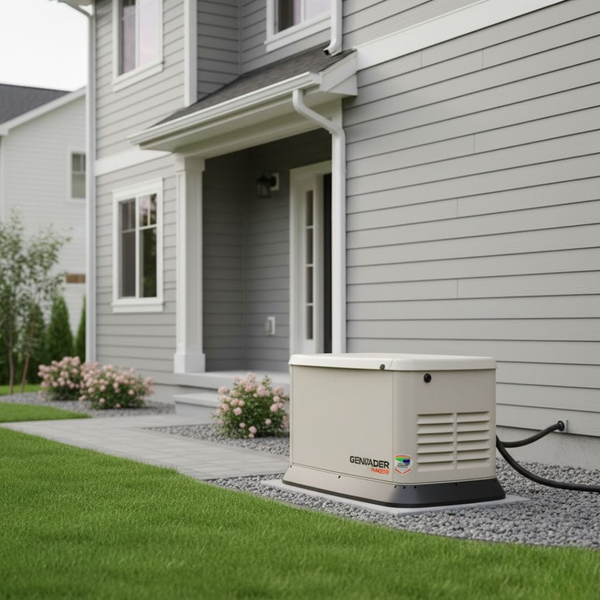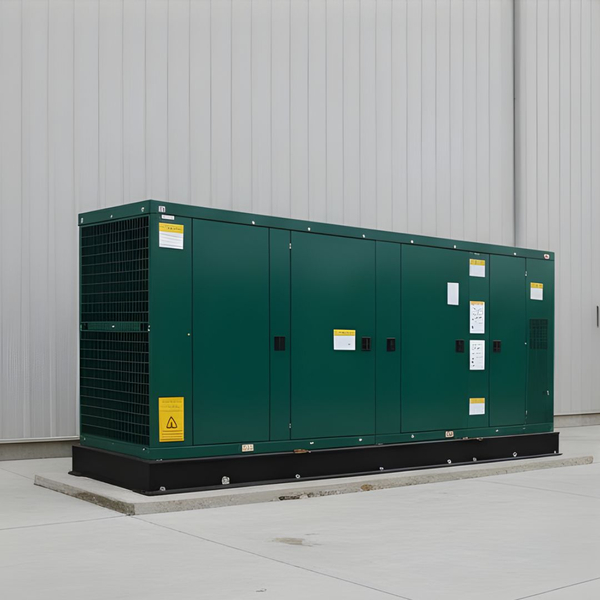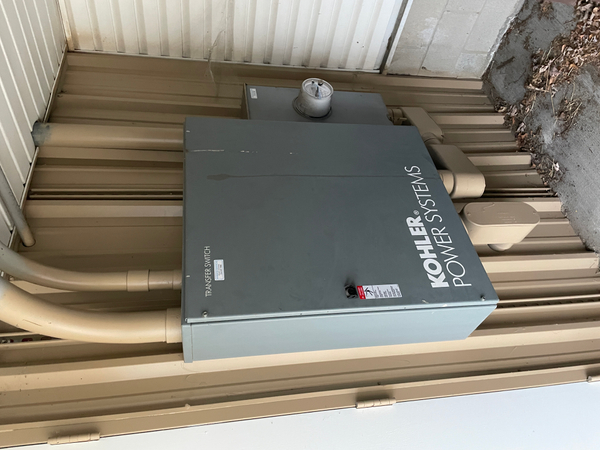The decision to install a generator—whether for a home or a business—is a major step toward achieving true power independence. While both a residential generator and a commercial generator serve the core function of restoring power during an outage, the installation process for each is fundamentally different. As Backup Power LLC, we understand these distinctions are crucial for our clients. We believe in providing clear communication and transparent processes to ensure you get the right solution for your specific needs, right here in The Laurel Highlands.
Residential vs. Commercial: Generator Installation Differences

Power Capacity and Physical Footprint Requirements
Residential generators are sized to power essential circuits or an entire home, requiring less physical space. Commercial generators are significantly larger, built to handle massive electrical loads, meaning they require robust concrete pads and specialized site preparation. We conduct detailed site assessments to ensure the unit fits safely and adheres to local zoning codes.

Fuel Source, Tank Size, and Runtime Duration
Residential units typically run on natural gas or propane from standard tanks, offering a sufficient runtime for most short-term outages. Conversely, commercial units, especially a large commercial generator, often use diesel fuel, requiring large, dedicated fuel storage tanks on-site. The goal is to ensure days, not hours, of continuous operation, which demands comprehensive fuel logistics planning and monitoring.

Electrical Load Management and Transfer Switches
For homes, the automatic transfer switch (ATS) often handles a straightforward load transfer between the utility and the generator. Commercial installations involve complex electrical distribution systems, sophisticated multi-step transfer sequences, and intricate load shedding systems. This complexity ensures that mission-critical systems, like servers or life support equipment, receive priority power instantly.

Permitting, Inspections, and Regulatory Compliance
Residential generator installations require standard permits, mainly focused on electrical and gas connections, which are generally easy to secure. Commercial generator projects, however, are subject to much stricter, multi-layered regulatory oversight, including environmental, noise, and fire safety codes. Our process manages these stringent requirements, ensuring your commercial generator installation is fully compliant from day one.
Understanding the variations between a residential generator and a commercial generator is vital for a seamless installation. From capacity needs to regulatory hurdles, the complexity increases significantly for commercial-grade solutions. At Backup Power LLC, we use our deep experience to navigate these differences, ensuring your property—home or business—is equipped with a reliable backup power system. Contact us today to learn more about the specific requirements for your backup power project, or schedule an in-home or on-site assessment!
